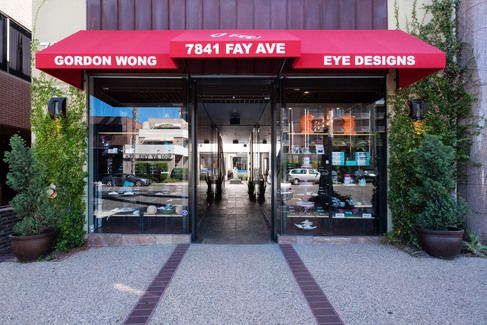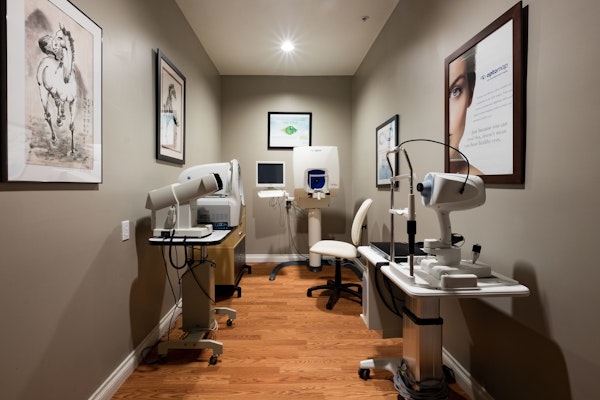How Eye Health Changes with Age
 So many aspects of our health and wellness change as we get older. It’s no surprise that our eyesight and vision quality inevitably changes as we get older. Learning why this happens can help you understand how you can preserve and maintain your vision.
So many aspects of our health and wellness change as we get older. It’s no surprise that our eyesight and vision quality inevitably changes as we get older. Learning why this happens can help you understand how you can preserve and maintain your vision.
In this blog post, the skilled optometrists at GW Eye Associates will look at how eye health changes with age. If you live in the serving La Jolla, Carmel Valley, or San Diego, CA, area, our doctors would be more than happy to discuss these topics with you in greater detail.
The Key Parts of the Eye
Let’s go over the different parts of the eye and how they work. This will help you understand why the eyes are so susceptible to the aging process.
First, we have the cornea, a clear tissue in front of the eye. This is where the light first enters the eye. The lens then focuses the light that’s received onto the retina at the back of the eye. The retina is a collection of light-sensitive cells that react to incoming photons. These are relayed to the brain via the optic nerve.
What Happens to Your Cornea as You Age?
The cornea is your eye’s window to the outside world. It is the outermost layer of your eye that covers your iris and pupil. Damage to the corneas can affect vision quality.
Your cornea is protected by a thin film of tears. Without regular moisture, the cornea is exposed to potential damage. Dry eye syndrome can lead to the destruction of this thin film of tears. Dry eye is more likely to occur with age due to decreased tear product or conditions such as blepharitis.
What Happens to Your Lens as You Age?
The lens is one of the most important components of the eye. As we age, we are more likely to develop cataracts, which are cloudy patches in the lens that distort vision.
When cataracts start causing vision loss, corrective lenses or removal surgery can restore vision quality. Once the clouded lens is removed, a clear artificial lens can be placed.
Age-related changes in the flexibility of the lens also lead to a condition known as presbyopia. This is a type of age-related farsightedness (hyperopia) starts around middle age and causes people to use reading glasses.
What About the Retina and Optic Nerve?
While more uncommon, ailments of the retina and optic nerve can occur. Age-related macular degeneration (AMD) can cause the central portion of your retina to deteriorate, leading to blurred vision.
An increase in ocular pressure can cause glaucoma, which leads to optic nerve damage. The older we get, the more susceptible we are to developing glaucoma. Without regular professional eye exams, the early symptoms of glaucoma can be difficult to notice.
Preventive Steps
The best way to fight age-related eye disease is to come in for regular vision checkups. Our optometrists will assess your eyes and offer expert diagnoses.
In addition to regular eye exams, we recommend the following steps to help maintain healthy vision:
- Wear sunglasses. Protecting your eyes from too much sun and UV radiation can go a long way.
- Avoid smoking. In addition to a negative impact on general health, smoking contributes to many age-related eye conditions, including glaucoma, cataracts, and dry eye syndrome.
- Stay physically active. All aspects of wellness tie into each other. Staying active can do wonders for our overall health, so we highly recommend it.
- Step away from the computer. The constant bright, blue light from laptops, monitors, and phones can damage to our eyes. Give your eyes a break every 20 minutes by looking away from the screen at a far away object for 20 seconds.
Schedule an Appointment Today
The expert optometrists at GW Eye Associates are here to help you see clearly. We encourage you to go online to schedule an appointment or give us a call at (858) 454-4699.







